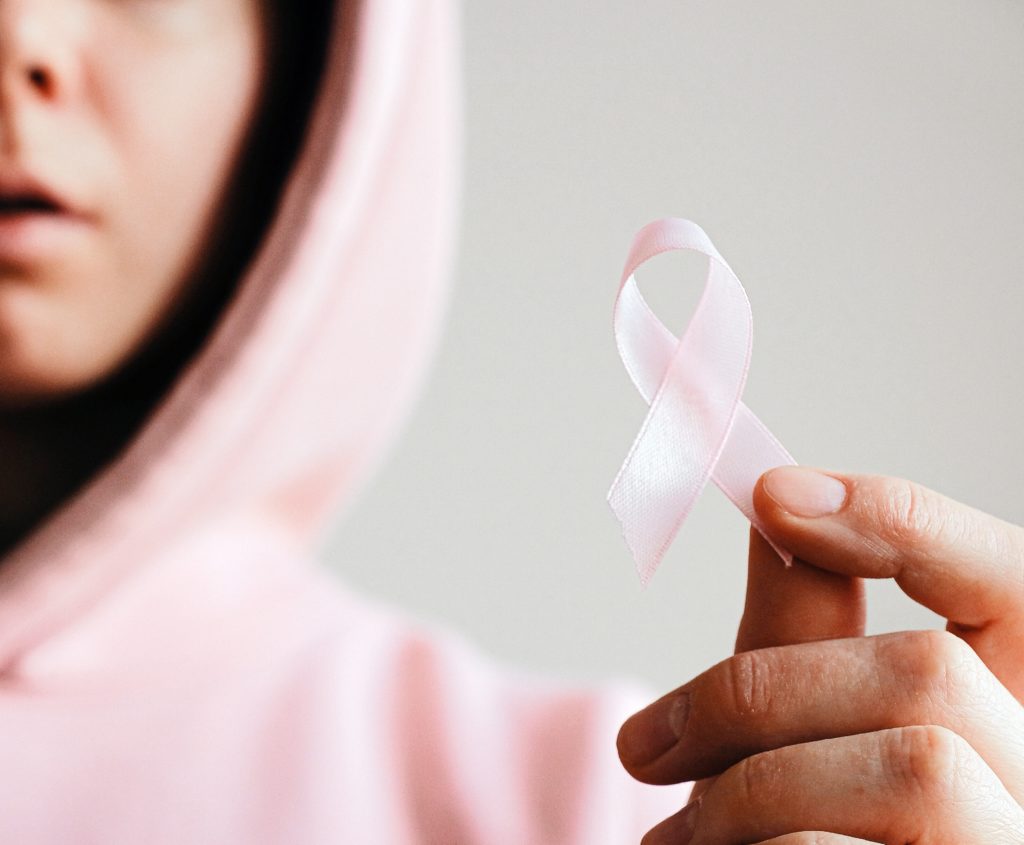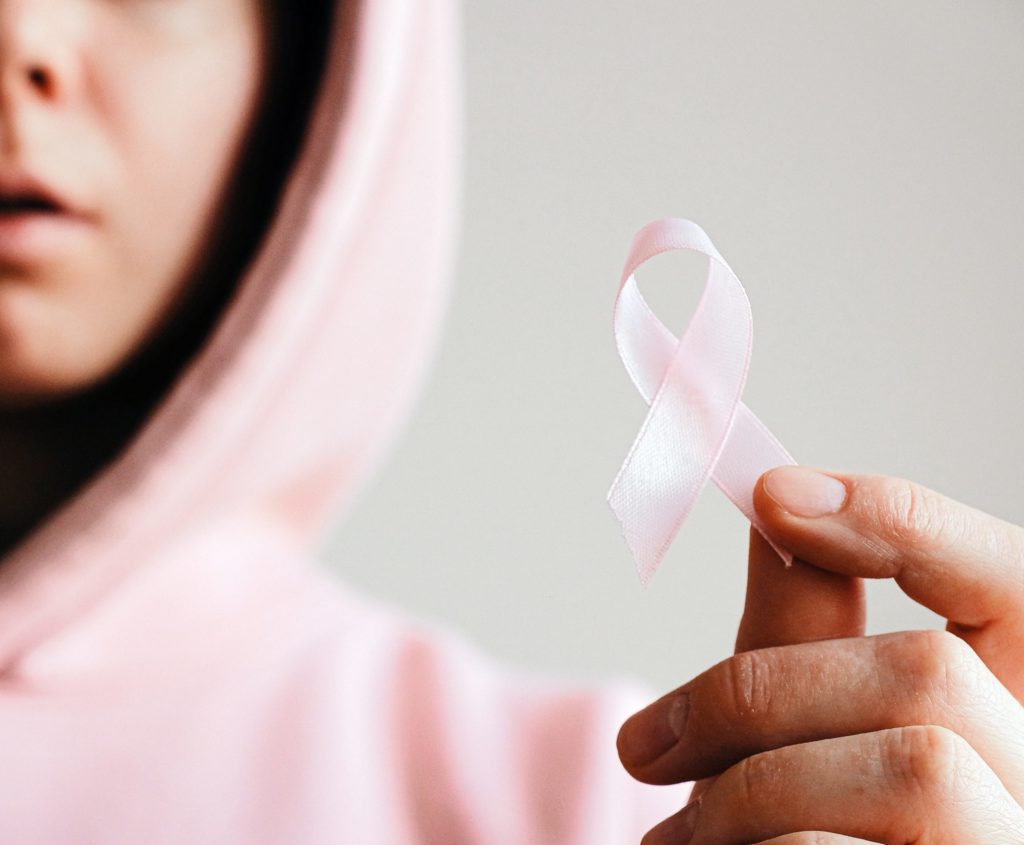
“Fertility preservation can be effective,” says Dr Khalife. “Around one in six of those who stored their gametes had a good outcome”…
The first long-term record of how cancer patients made use of their stored eggs and embryos after cancer treatment is presented today at the 36th Annual Meeting of ESHRE.
The results demonstrate from the 20-year data how successful fertility preservation can be in these patients, especially those with breast cancer.
Details of the analysis, covering the longest reported period of use, are presented today online by Dr Dalia Khalife from Guy’s and St Thomas’s Hospital, London, at the virtual Annual Meeting of ESHRE.
Data were analysed on 879 young female patients who were treated for a range of cancers between 2000 and 2019; all had sought counselling on preserving their fertility ahead of treatment.
Treatments such as chemo and radiotherapy are known to have adverse effects on ovarian function, often causing infertility.
The mean age of the patients was 33 years, and breast cancer was the most frequent diagnosis (63% of cases).
After counselling, 373 patients (42%) chose to have their fertility preserved by one of three methods available: egg freezing (53%); embryo freezing (41%); both methods together (5%); and ovarian tissue cryopreservation (1%)
So far, reports Dr Khalife, the rate of those returning to make use of their frozen eggs and embryos is 16% (61/373), and 44 of them achieved a remarkably high birth rate of 71%, with a twin rate of 9%, when the fertilised eggs and embryos were transferred in an IVF procedure.
Around two-thirds of patients returned within two years of their diagnosis; women with breast cancer were the most likely to return for fertility treatment.
These patients also achieved the highest birth rates, significantly higher, for example, than those with lymphoma (70% vs 30%).
“The results are a demonstration of how fertility preservation in these cases can be effective,” says Dr Khalife. “Around one in six of those who stored their gametes had a good outcome.”
While the cancer treatment had variable effects on fertility, “almost all patients” did show some deterioration in their ovarian reserve levels, reflecting a range of responses from mild toxicity of treatment (minimal effect on ovarian reserve markers) to severe toxicity (premature ovarian insufficiency). There were even a number of naturally conceived pregnancies after cancer treatment.
Dr Khalife explains that the most appropriate method of fertility preservation is decided on an individual basis. “Oocyte freezing is usually offered to young women,” she says, “and, with our vastly improved freezing techniques, provides a good chance of future pregnancy.”
Read the full article here…
Have you had any results with fertility preservation? Share your experience with our followers…contact us or email us at [email protected]





